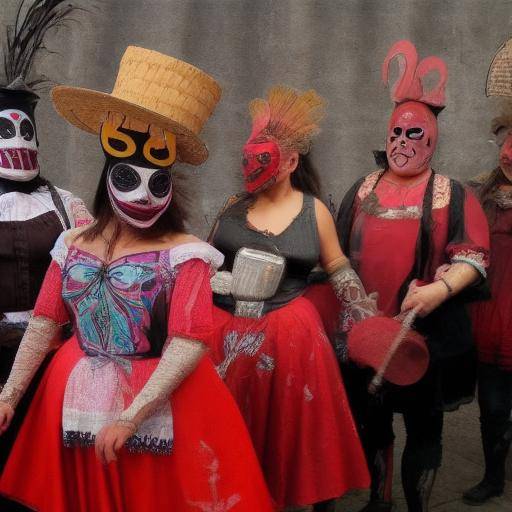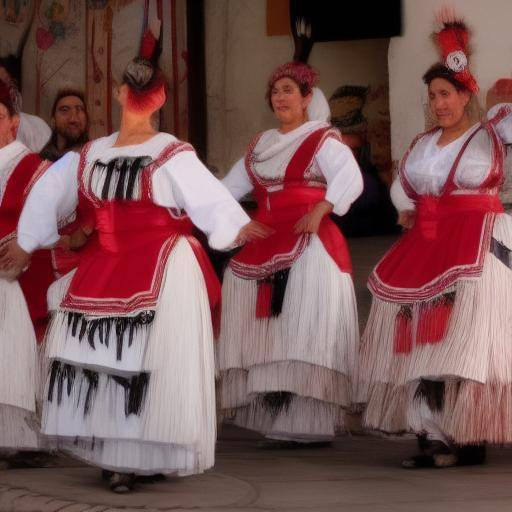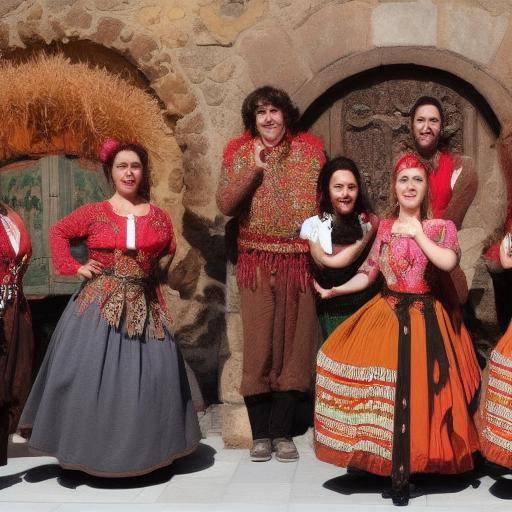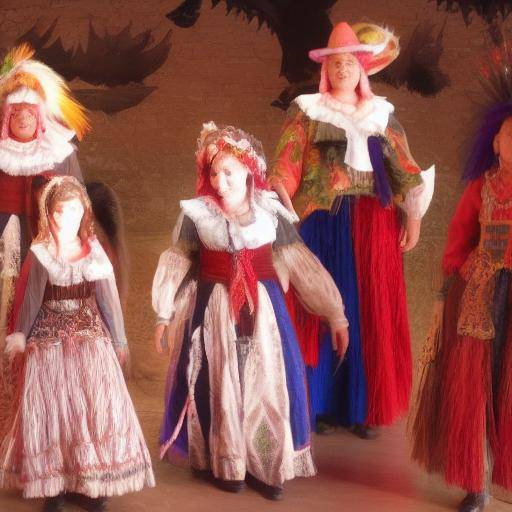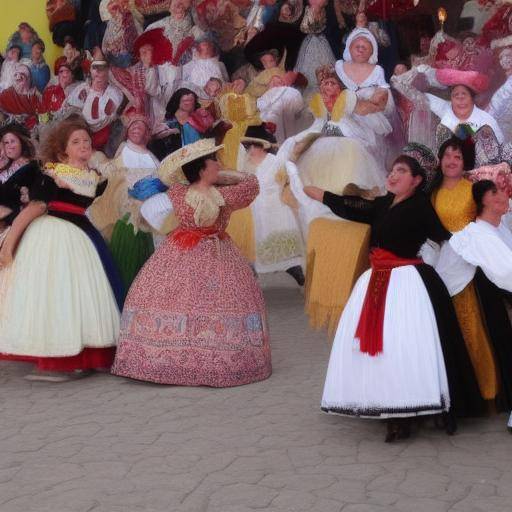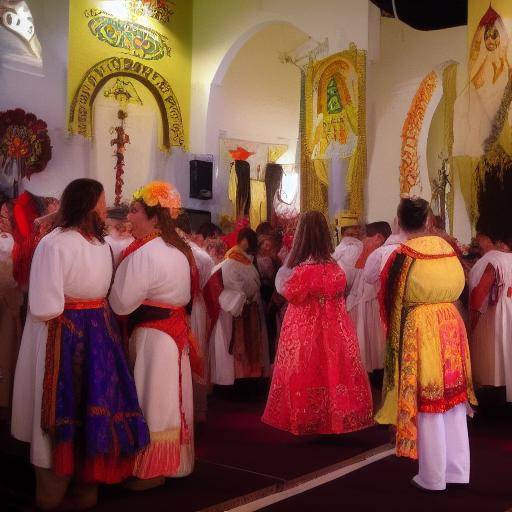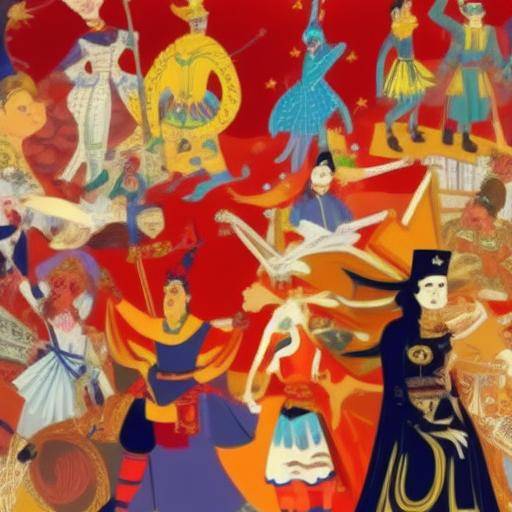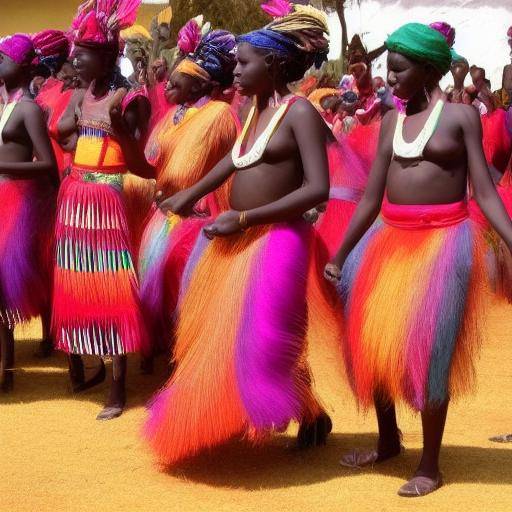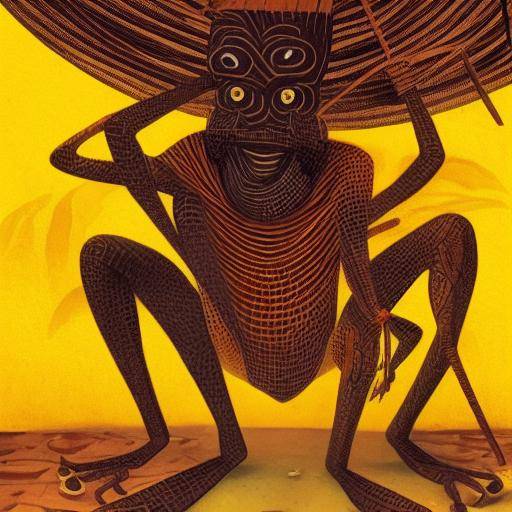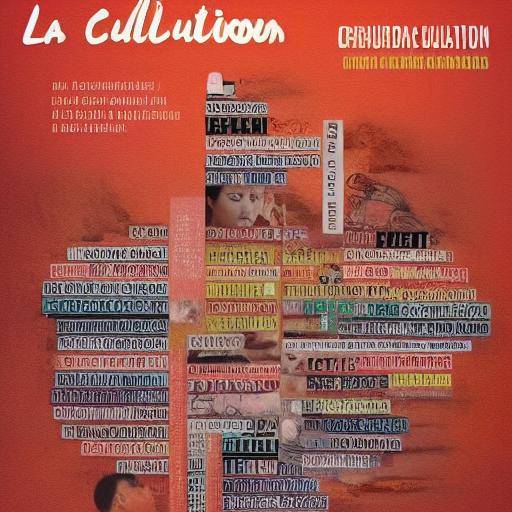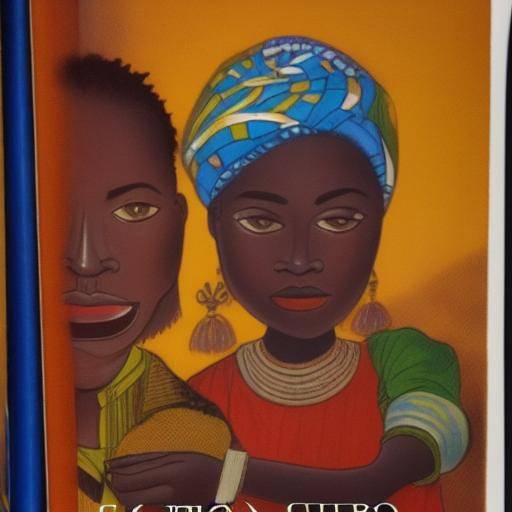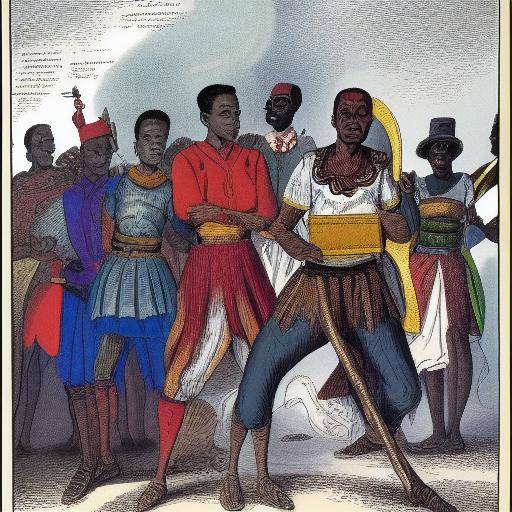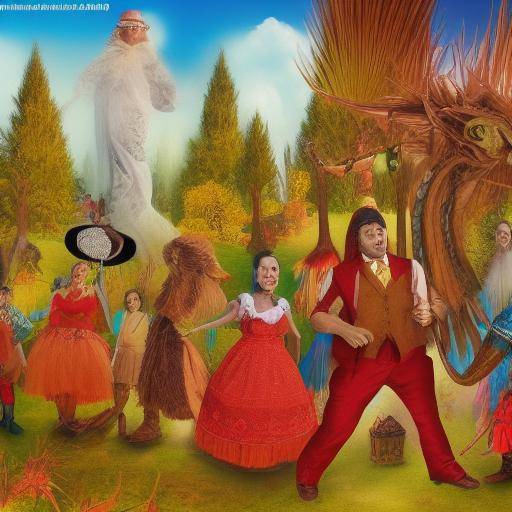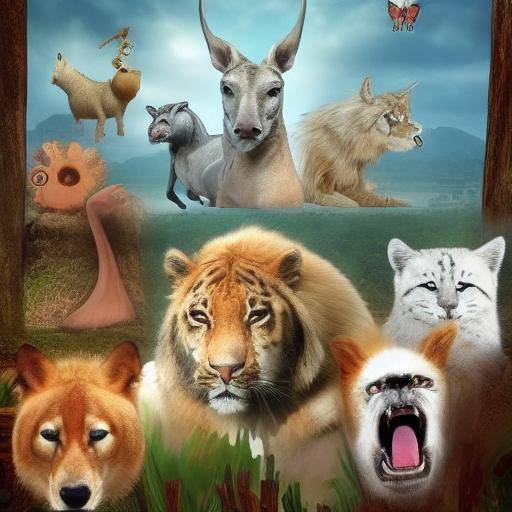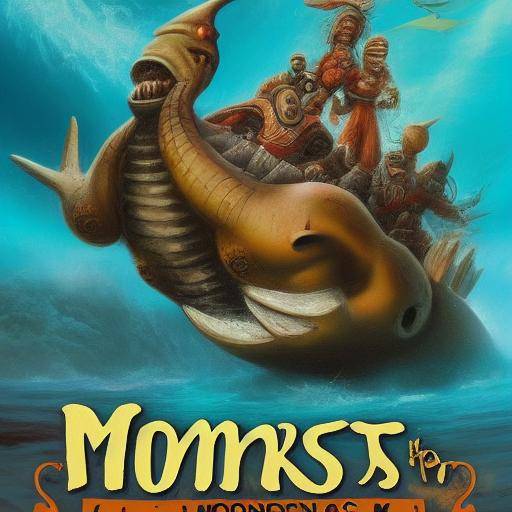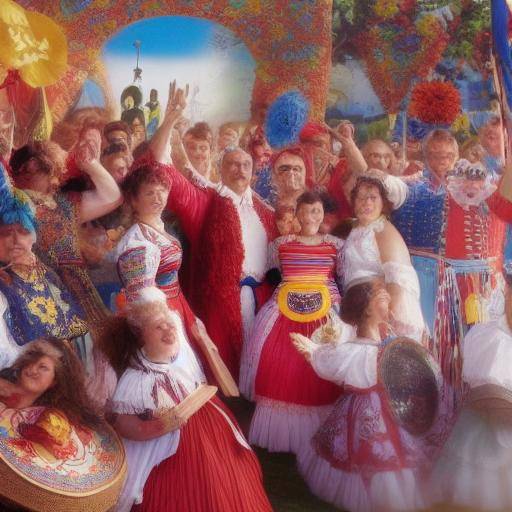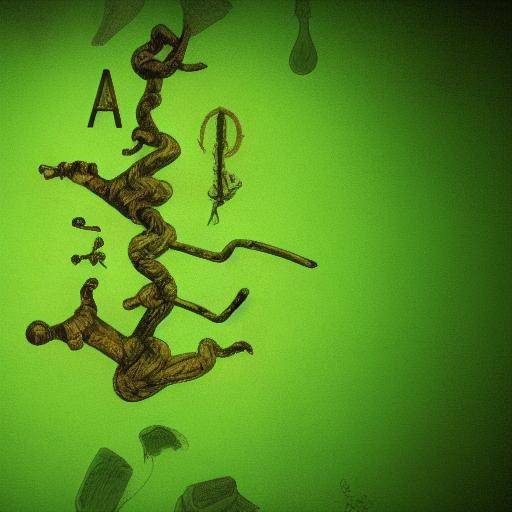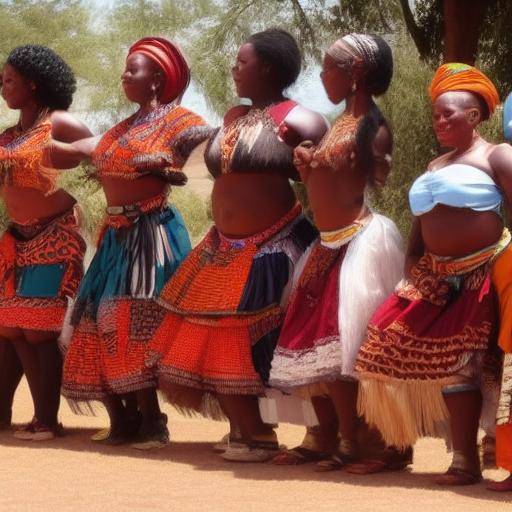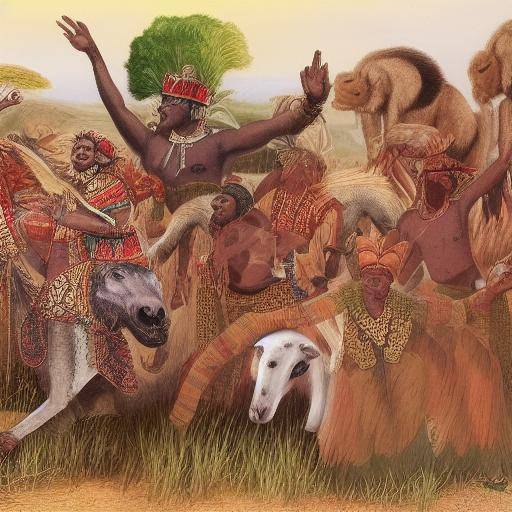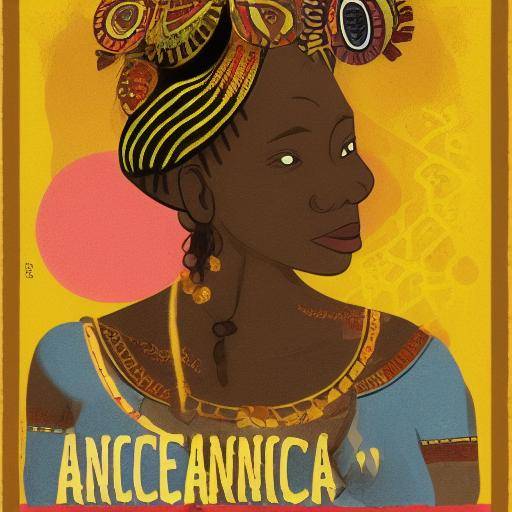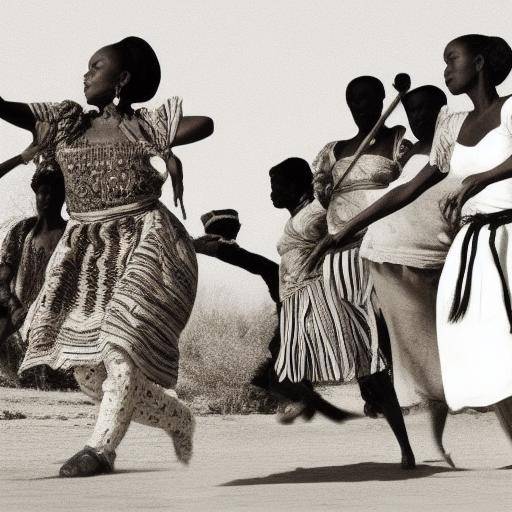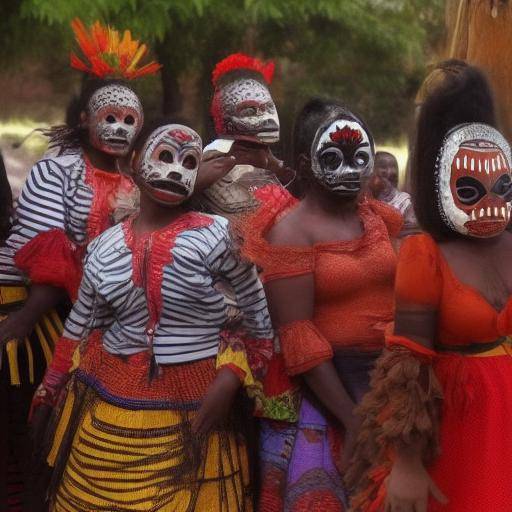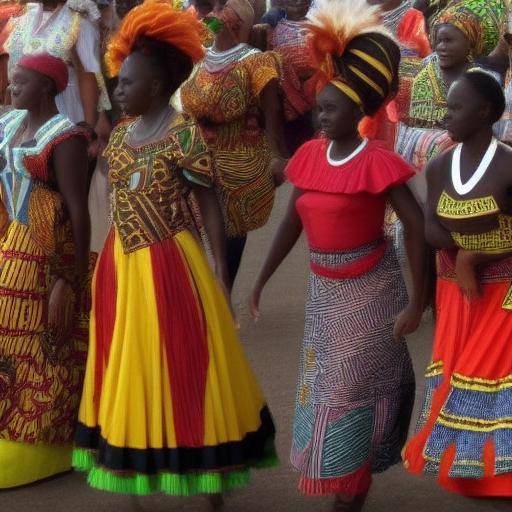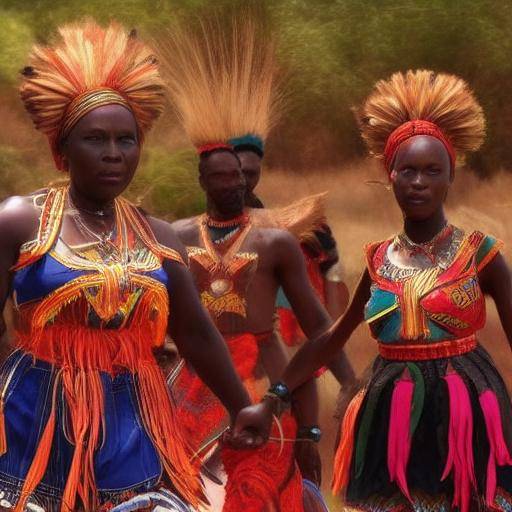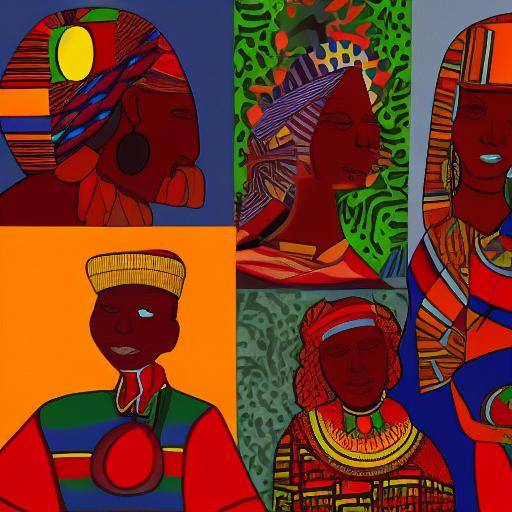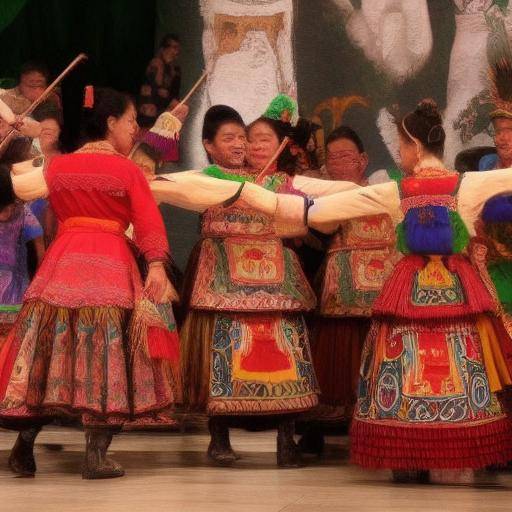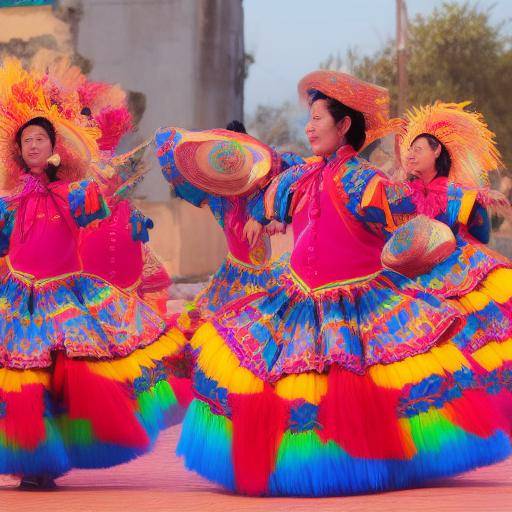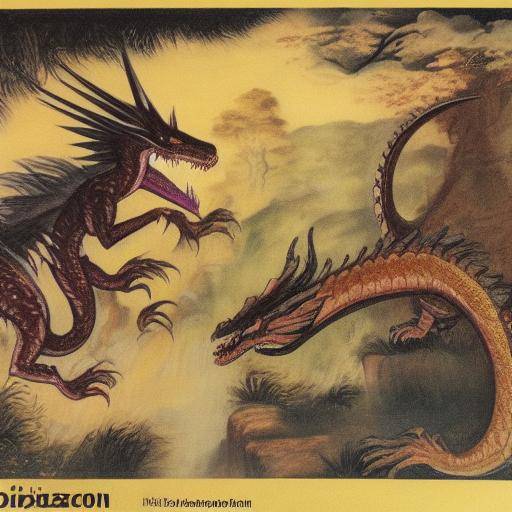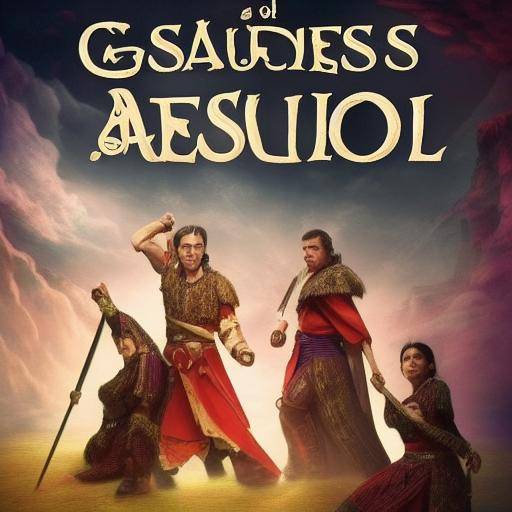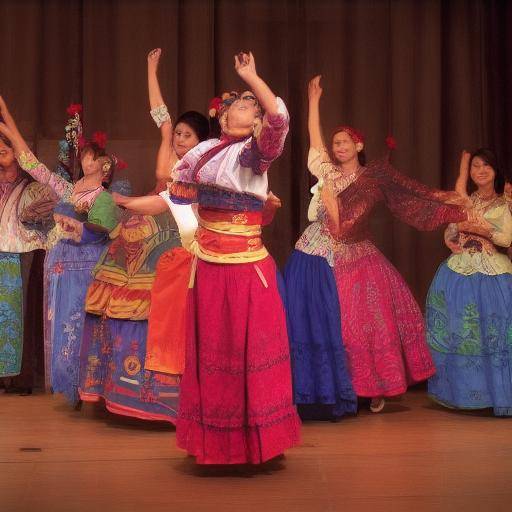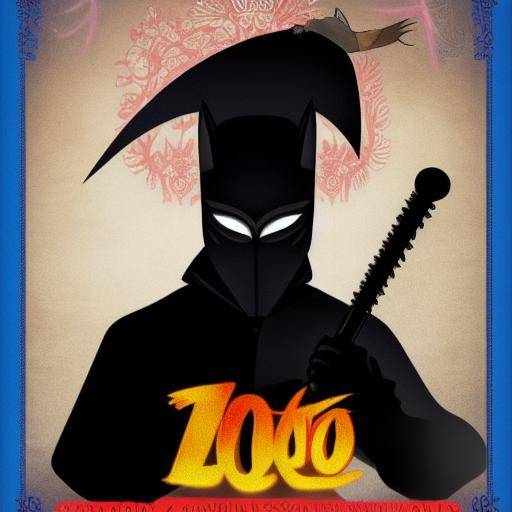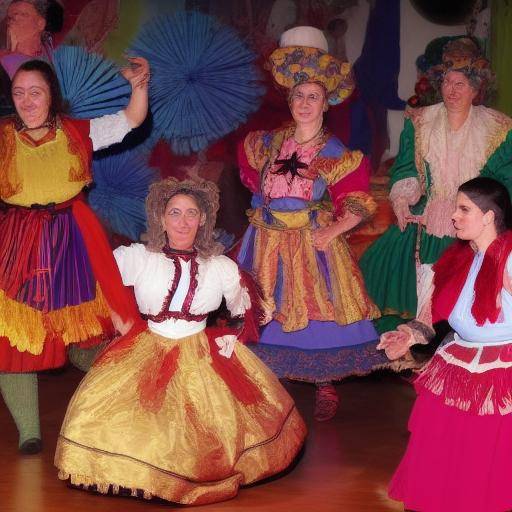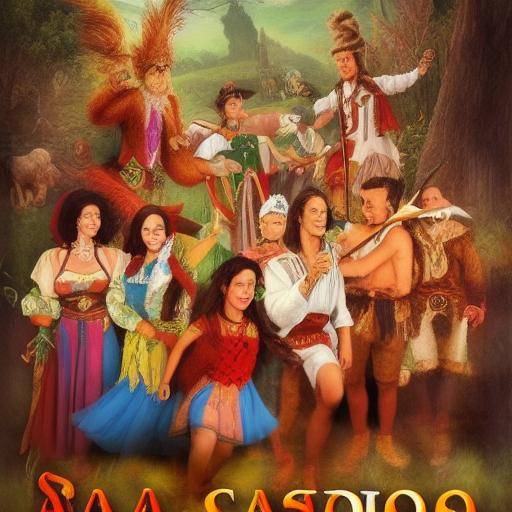
Introduction
Scandinavian folklore is rich in epic stories, transmitted over generations, that capture the imagination of those who listen to them. Scandinavian sagas, an integral part of this folklore, transport us to a world of brave heroes, powerful gods and mythical creatures. In this article, we will explore the most emblematic sagas of Scandinavian folklore, discovering its history, meaning and lasting impact on Scandinavian culture. In addition, we will analyze the contemporary relevance of these stories, revealing their influence on popular literature, art and culture today.
History and Origin
Scandinavian sagas, rooted in oral tradition, have their origins in the Viking era, approximately between 800 and 1050 AD. These stories were initially transmitted verbally, preserving the feats of heroes, astonishing journeys and the interaction of gods and mortals. Over time, these narratives were recorded by scribes, thus preserving a treasure of folklore that dazzles for its wealth.
Scandinavian sagas stand out for their thematic diversity, where elements of adventure, heroism and tragedy are intertwined. These stories not only entertained audiences, but also conveyed moral values and lessons on honor, courage and loyalty. Such is their importance that these sagas not only form a fundamental part of Scandinavian literature, but they have also inspired works by renowned writers and artists from around the world.
The Legacy of the Scandinavian Sages
The legacy of Scandinavian sagas extends to contemporary culture, influencing literature, cinema, music and even video games. Narratives like "The Saga of the Volsungs" and "The Saga of Ragnar Lodbrok" have resonated throughout the centuries, serving as a source of inspiration for countless creative works. It is remarkable how characters like Thor, Odin and Loki, extracted from these sagas, have transcended their origins to become icons of global popular culture.
Contemporary Relevance
At present, Scandinavian sagas continue to fascinate audiences of all ages, both within and outside Scandinavia. The rise of Viking culture has revitalized the interest of these stories, promoting the production of television series, films and novels that immerse their spectators in the magical and dangerous world of sagas. This renewed attention has led to a rediscovery and re-evaluation of these stories, demonstrating their lasting appeal and relevance.
Conclusion
In short, Scandinavian sagas represent an invaluable and captivating part of Scandinavian folklore, rich in adventures, mythology and moralizing evenings. Its influence endures in contemporary culture, enriching the creativity of future generations. In exploring and appreciating these sagas, we immerse ourselves in a world that continues to captivate and astonish, past, present and future.
FAQ
**What are Scandinavian sagas?**Scandinavian sagas are epic stories that present adventures of heroes, gods and brave warriors, initially transmitted orally and then recorded by scribes.
**What is the importance of Scandinavian sagas in contemporary culture?**Scandinavian sagas have influenced various forms of artistic expression, from literature to film production, including the creation of iconic characters and complex plots.
**What are some of the most famous Scandinavian sagas?**Among the most outstanding sagas are "La Saga de los Volsungos", "La Saga de Ragnar Lodbrok" and "La Saga de Hervor y Heidrek", which have been a source of inspiration for numerous creative works.
**How can Scandinavian sagas be enjoyed today?**Scandinavian sagas are available in various forms, from books and comics to cinematic adaptations and television series. They can also be found in museums that present the rich Viking tradition.
**Why are Scandinavian sagas still popular today?**Scandinavian sagas address universal themes such as heroism, honor and loyalty, which makes them relevant to modern audiences looking for exciting and moving stories.
**What lessons or values do Scandinavian sagas convey?**These sagas convey values such as courage, cunning, honor and justice, offering meaningful lessons that continue to resonate in contemporary society.
**How have Scandinavian sagas influenced literature and contemporary art?**Scandinavian sagas have inspired countless writers, artists and filmmakers, influencing the creation of characters, plots and fictional worlds that have enriched modern artistic expression.
In conclusion, Scandinavian sagas are a treasure of folklore that continues to captivate and inspire audiences from around the world. His influence endures, serving as a testament to the timeliness and power of these epic stories.



